March 6, 2018
An Interview With Dr. Amy Platt, Written and compiled by Stefan Palios, guest writer.
Dr. Amy Platt began her career as an educator. After getting her PhD, she is now an administrator. As Principal of Paul Penna Downtown Jewish Day School, she’s working on how to bring technical skills and innovation thinking into the classroom, building a generation of innovative thinkers. She’s also focused on how diversity and inclusion balances innovation thinking, looking at what it means to build a society where every individual can pursue their own path.
As part of the #movethedial: Women You Should Know series, we’re sharing the stories of some incredible women in technology; stories about their contributions, insights, and how they have grown to express themselves.
Tell me a bit about your work:
As a Principal, I’m focused on exploring how to give a “downtown” education in a private school setting. This means balancing issues of diversity, equity, urban and local issues – all in the context of an elementary school environment.
Part of that work is thinking about how we use technology – and innovative learning models – in the classroom to foster kids’ ability to collaborate and cooperate. It’s also about making sure they are ready for a workplace that we don’t yet know how it will look.
How has tech impacted education so far?
We’ve had computers in classrooms for many years, but in our school specifically we’ve been transformational about tech in education, adding more laptops for students and making use of Google Apps for Education.
We also brought robotics into the classroom.
I took a trip in Spring 2015 to Israel to learn what they were doing with robots. I brought that work back to my previous school and we did partnerships between students in Toronto and Israel. The language of code is becoming a universal, gender-neutral language.
When we teach kids to code, we’re giving them a straightforward way to to communicate with people all over the world, even when they don’t speak the same primary language, to solve problems.
How have you overcome some of the hurdles in your career?
Every time I’ve encountered things beyond what I thought I was capable of, I used the motto of “I can do hard and scary things.” It’s about having a positive and optimistic mindset.
In terms of characteristics, I’m gritty. Angela Duckworth’s idea of grit resonates very strongly with me. The idea that dovetails from grit is Carol Dweck’s idea of a ‘growth mindset’.
I got good at positive self-talk and reminding myself of other challenging moments I had and how I moved through those moments successfully. I also look at what I’ve learned when I haven’t succeeded, but I spend most of my time thinking about what I’ve done in the past that was really hard.
How do we prepare the future generation for developing a resilient mindset?
In order to build the next generation, we have to break down our own gender stereotypes.
Robots, coding, math, and science are not just for boys, they are for everybody. We should push our kids to think they can do anything in a creative way. With that, we don’t want a school focused only on tech, but focused on making, innovating, and creating. Tech and robotics is just an outlet for kids to be able to do those kinds of things.
One thing in particular I’m spending a lot of time exploring is gender and gender identity. It’s hard because bias starts so early – even in how we talk to and treat young kids. We at the school now don’t think about what’s appropriate for girls and boys; we think about what’s appropriate for kids at different grade levels.
But gender bias is deep. It’s about everything, not just tech. For example gendered languages, which is more apparent when you’re interacting with kids who speak different languages or teaching another language to someone; but code, for example, is a gender neutral language.
#movethedial is premised on four things: connections, amplification, partnerships, and programming. Which is the most important to you and why?
I think for sure it’s connections and partnerships.
We are an intertwined web of people with so many different stakeholders at the table. It’s important in a school setting, for instance, to ensure that children, parents, and faculty feel connected to the mission and vision of our organization.
In order for us to grow our vision, it’s important to be connected with other organizations. Connecting with #MoveTheDial, for example, allowed faculty to have access to different thought processes. Connecting with the ROM allowed us to use their makerspace so we didn’t have to create our own.
Is there any advice you’d give to your past self?
Probably to think bigger.
My past self thought small, possibly because of gender messages I received as a woman. I think I’ve allowed people to tell me how much they thought I could do, when in reality I could do more and think bigger. I could have given more if I had been more authentic about what I am capable of. I did what others expected from me, not what I expected from myself.
What does International Women’s Day mean to you?
I hope that International Women’s Day focuses on the innovation that women are capable of.
It’s about inspiring young women to get a seat at the table and to think big. I think, as young girls and women, sometimes the environments around us limits thinking about what we can do. I hope that International Women’s Day shows all children, regardless of gender, that they can think big and they can think about innovation in the world.



